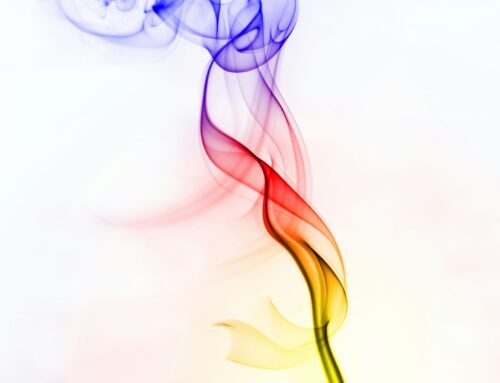Recently, our denominational magazine (The United Church Observer) printed a discussion between two ministers. There is a lot that was great in it and one thing that has stuck with me was the exploration that focused on things like atheism, agnosticism, theism and post-theism. All churchy-words that hopefully invite one into a discussion of understanding the universe, the Holy, or God if you will. I have been grateful to see such an airing of the diversity that binds this experience of church called The United Church of Canada.
I was also heartened to know that our worshipping communities continue to engage in such discussions with such rich leadership. It is within the communities we call church that truths can exist in tension and be celebrated. Whatever, however, or even whoever you understand God to be, if we do not engage in such respectful – albeit likely passionate at times – conversations, I believe the core of what it means to be a faith community is diminished.
So, there I am reading, and it strikes me: what’s the doing that comes out of such discussions? Regardless of how you say, define, categorise the Holy, what’s the action – mission in church-speak – that comes out of that understanding? What do your neighbours – whether secular, interfaith, or ecumenical – see you doing in the community? And, if nothing is occurring, I suspect it’s fair to dig into what that might mean.
I’ve said this before in the last six years of blogging, and I’ll likely say it again in text and in-person, but I honestly do not care what you believe. Maybe this is a post-modern thing, but what concerns me is the integrity by which you have arrived at your set of beliefs. And does such intentional work lead you to be compassionate and humble in the world, does it lead you to be love?
“[M]y tendency is to see such a framework as quintessentially metaphysical and not literal.”
Now do not get me wrong, I love a good theological discussion (For the record I tend toward a theistic lens, grounded in a Trinitarian expression of the Holy of Holies: in particular, my tendency is to see such a framework as quintessentially metaphysical and not literal). Parsing, debating, and sharing our intellectual appreciation of God only deepens that the Holy is both pretty amazing and completely incomprehensible. It’s our stuff that we need definitions, not the Creator’s.
The challenge – I have experienced – is when we get stuck in the words and end up paralysed. Being stuck in the words can mean anything from a sense of needing to defend them to not even understanding them. If we are not asking questions that lead to doing … well I think that’s both sad and hopefully we might find space to discern the import of inaction in the world.
Whatever the two ministers in the article agreed upon or with which they disagreed, the faith journey I think should lead to transformation. Such change – in Christian parlance might mean resurrection or restoration – occurs in the doing that allows another human being to realise they have dignity, that they are loved, that they matter. It’s – I believe – that simple. Does our doing help others shine? The rest … well they often end up being words …







Thank you Richard, “by this shall they know that I am with you, that ye love one another.” Today I think many read it “that ye have correct doctrine” even if I am wrong in my understanding of doctrine the works of love and compassion that I allow god to work through me proclaim the faith I have in Him and the love He has for all.
Thanks Robert! It is both a gift and amazing to me how far many within the Fold – if you will – in that hearing the Wisdom of God as blowing without a sense of control or that we have the ‘right’ answer is both a challenge and path that resonates. Does that make sense?
The argument goes something like this “I believe the bible to be true, therefore everything I believe about the bible is true. ” I call it the doctrine of inerrancy of interpretation. For myself I believe scripture is true but I tend to question the interpretations handed down to me, and I am convinced that I don’t understand much of it. So the key is not what believe as much as what that belief spurs me to do.
All I can do is reply by saying my head is nodding up and done with an affirming smile – thanks Robert!
It seems like a ‘journey v. destination’ argument. For my part, it’s important to keep to the core tenets of Christianity without hating people for a divergence in their values. I guess it’s always a struggle. No one wants to be a hypocrite, but everyone must make judgments in order to live. No one wants to be proud, but everyone wants to have something for which they can rightfully feel good about themselves. No one wants to exclude anyone, but everyone has some core of conviction that finds opposition and exclusion from someone else. For my part, I’m happy that you’ve always been so welcoming and open to people with different views.
As a Catholic, I also believe that, while Grace is the instrument of faith, it must be bolstered by acts of faith and charity. Your question of what the community sees in you is important for outreach, but even more important is what you see and, even transcending that, is the good you do. Grace is the instrument of salvation, but you cannot have faith without acting on it. …And if you count looking down your nose at other people and ignoring their suffering as acting on your faith, think again.
Thanks for this Daniel! I have also been thinking about suffering and joy lately … and how one without the other … well that may very well be another blog 😉